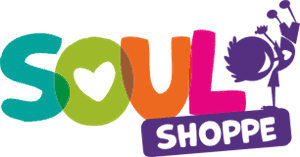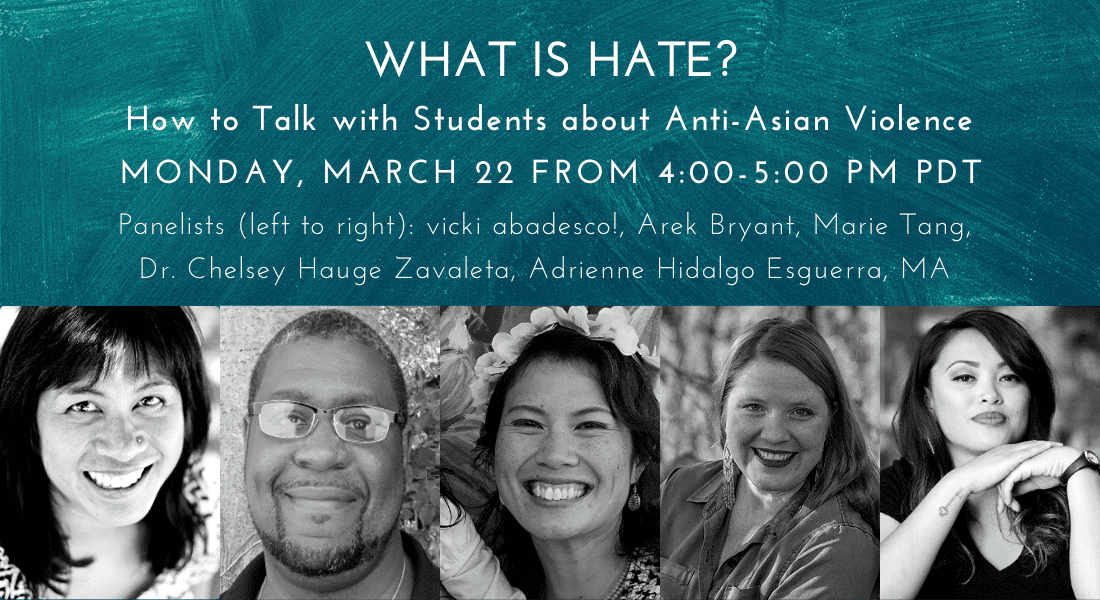
What is Hate?
How to Talk with Students about Anti-Asian Violence
Resources:
- The Association of Chinese Teachers (TACT) has a great website full of information and curriculum
- Learning for Justice resources for addressing anti-Asian bias
- Young Proud Sung Jee Watch the read-along story that directly addresses an incident involving COVID-19 anti-Asian racism. A great resource to help generate meaningful discussions between adults and children about anti-Asian racism. It is in English, ASL, and Korean.
- Drawn Together
- Marie Tang’s lesson on Mamie Tang and Ruby Bridges – Two girls who helped to desegregate – a slide show celebrating Women’s History Month
- Maya Angelou and Laurence Yep – Marie Tang’s lesson plan focused on African-American and Asian-American heroes
-
Jean-Michel Basquiat and Maya Lin – Marie Tang’s lesson plan highlighting Chinese-American and African-American artists
- 16 years in 16 seconds. The story of Sammy Lee addresses racism, segregation, and solidarity
- Journey for Justice: The Life of Larry Itliong Read about Filipino United Farm Worker Union Co-founder
- How to Talk to Kids about Anti-Asian Violence – Article in Parents.com from Dr. Stephanie Wong
- Guide for Parents of Asian American Adolescents
- Guide for Bystander Intervention
- How to Address Trauma Related to Curriculum Violence
- Adrienne Esguerra’s Resources: Join a free anti-racist parenting group for Asian American parents and caregivers. Meet third Wednesdays 4:00-5:15 pm PST. AfterSchooling Better website
- Dr. Chelsey Hauge-Zavaleta’s Positive Parenthood website, Free 5-day Parenting Challenge & The 3 Yes’s
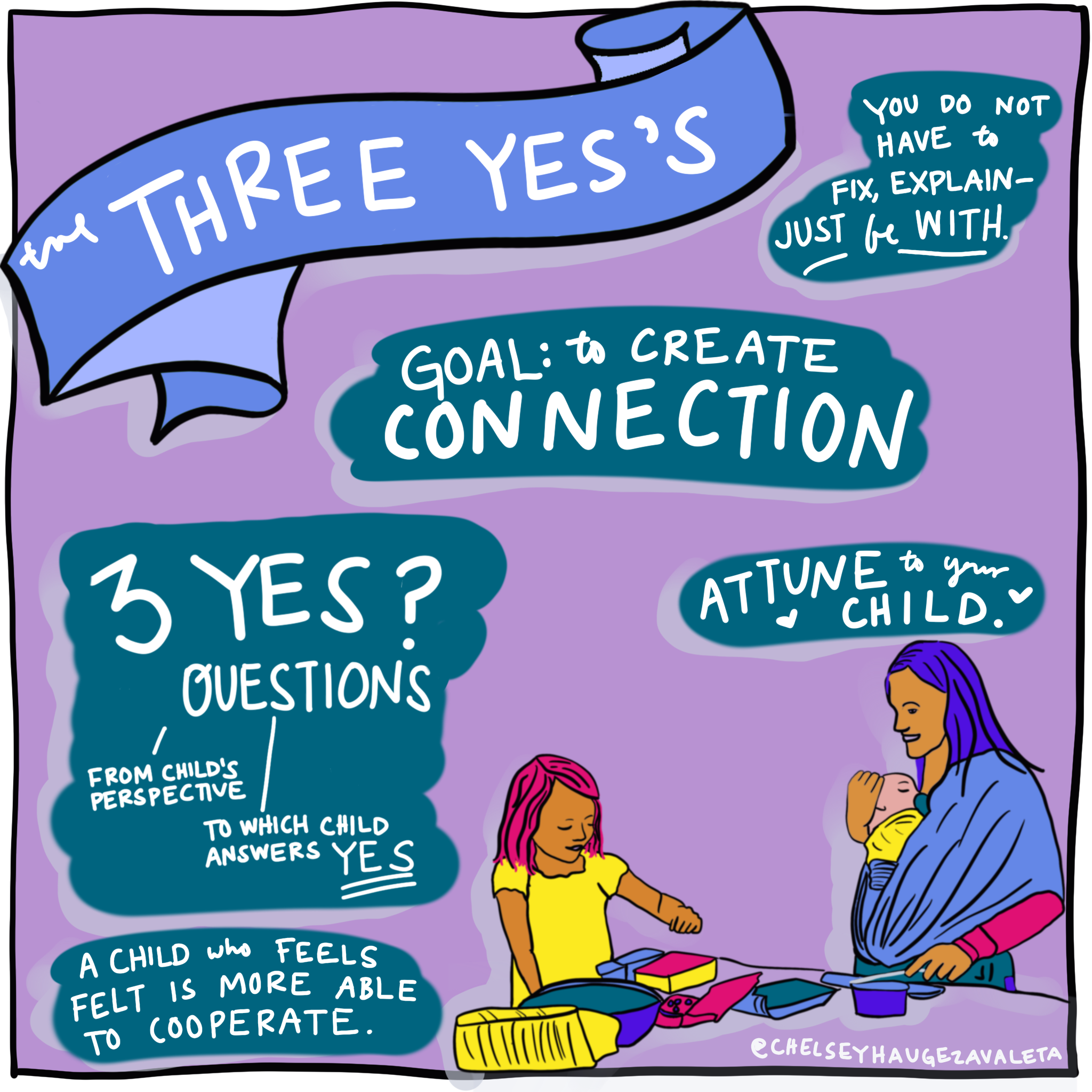
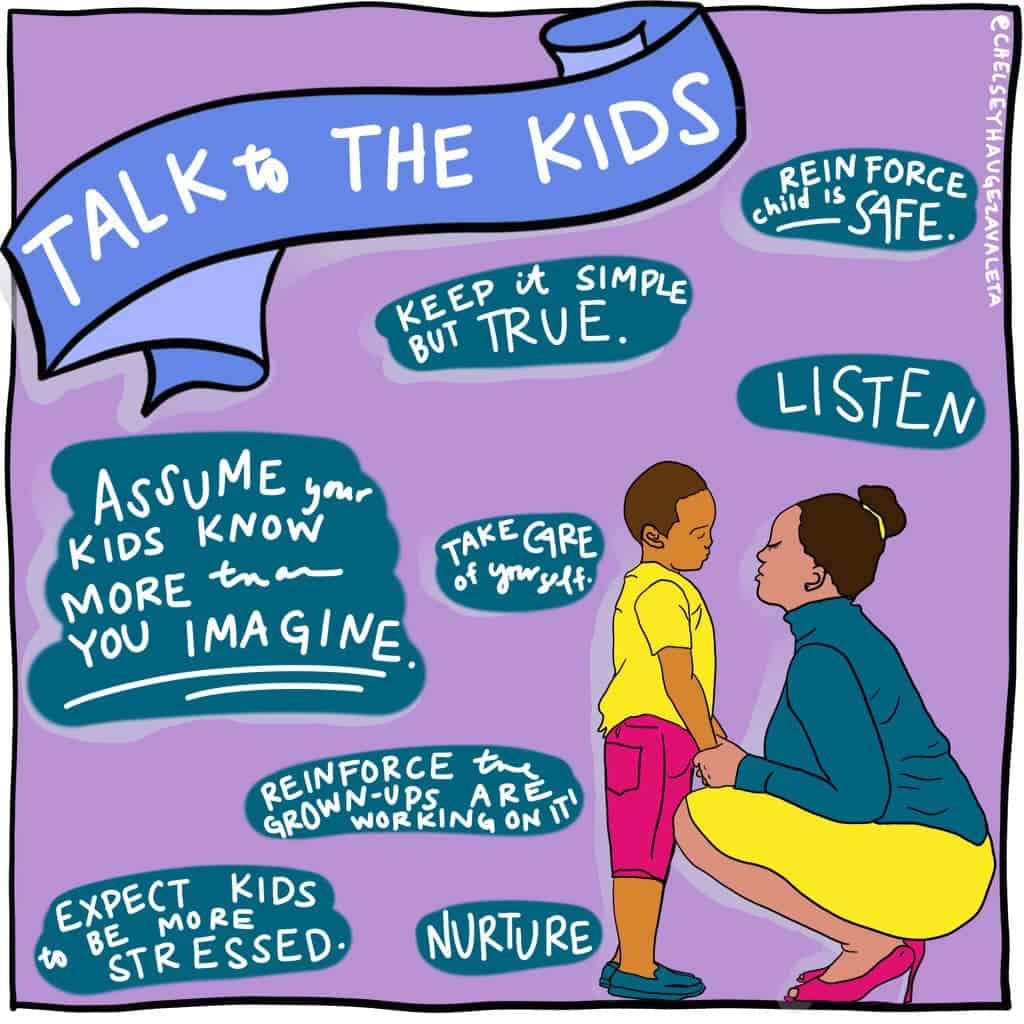
Statistics:
- 1 in 4 Asian American youths experience racist bullying (from ABC News)
- About 4 in 10 Black and Asian adults say people have acted as if they were uncomfortable around them because of their race or ethnicity since the beginning of the outbreak (from Pew Research)
- Stop AAPI Hate began tracking violence and harassment against Asian Americans and Pacific Islanders on March 19 last year. From then through the end of 2020, Stop AAPI Hate received a total of 3,292 complaints from all 50 states and Washington, DC, according to a Stop AAPI Hate news release. The coalition, which had previously reported a lower number of complaints for 2020, said some incidents that took place in 2020 were not reported until earlier this year. There were at least 503 anti-Asian hate incidents reported between January 1 and February 28 according to the group’s latest report, released Tuesday.(from CNN)
- Derogatory terms surged on far-right forums according to data tracked by the Network Contagion Research Institute, which monitors misinformation and online extremism. The terms were used on those platforms 44 percent more in January than in the average month last year. (from The Washington Post)
- A new study based on police department statistics across major U.S. cities found a nearly 150% surge in anti-Asian hate crimes in 2020. The report, released this week by the Center for the Study of Hate and Extremism at California State University, San Bernardino, examined hate crimes in 16 of America’s largest cities, found the first spikes rose alongside COVID-19 cases in March and April. (from CBS News)
- The number of hate crimes – criminal offenses motivated by bias against the victim’s race/ethnicity/ancestry, gender, gender identity, religion, disability or sexual orientation, according to the FBI – varied by state, with California reporting the highest number: 1,221 bias-motivated crimes. More than 800 of those were categorized as crimes against people. The rest were against property, with 330 crimes categorized as vandalism. (US News & World Report, 11/17/2020)
- Since March of last year, there have been over 3,000 self-reported incidences of anti-Asian violence from 47 states and the District of Columbia, ranging from stabbings and beatings to verbal harassment and bullying to being spit on and pepper-sprayed. (from Brookings Institute)
Panelist Bios

vicki! abadesco! is an internationally-recognized leader in the field of social-emotional learning, anti-bullying, and creating a more empathy-based world. She brings over 30 years of experience teaching life skills and conflict resolution tools to young people and adults. As an educator, speaker and facilitator, vicki!! is known for creating fun, safe, and transformative environments.
She is the author of Free to Be: Untold Stories of Going Beyond Bullying, co-author of Cool Tools for Schools and The Empty Balloon; as well as two activity card decks: Mentor Magic and Leadership: Truth or Dare.
vicki!! is a fellow for the Dalai Lama Center for Ethics and Transformative Values at MIT. She co-founded Soul Shoppe in 2000.

As program director for the McCullum Youth Court, Arek worked to reduce the recidivism of youth crimes in Oakland and Berkeley. Realizing the problem was not the youth, but their circumstances, he began to have one-on-one relationships with each young person he worked with to influence change in their circumstances. Arek has continued to focus on uplifting and educating youth through teaching, musical mentorships and ministry.
Along with the joy of homeschooling his children, Arek has enjoyed an amazing musical journey. From George Clinton to Teddy Riley to Janet Jackson, Arek has been blessed to work with many truly amazing artists. He currently runs Chamberz Studio (Winner of the “Oakland Soul “Indie Award) and is an On-Air personality for KCBZ Global and KPFA Berkeley.


Dr. Chelsey Hauge-Zavaleta is the executive director of and parenting coach with Positive Parenthood. Focusing on supporting families & teachers with relationship-based tools for creating connection and inspiring cooperation, Chelsey draws on contemporary research on parenting, neuroscience, social justice and education in her work with families and schools. As a white mother & educator, she supports parents to deconstruct how whiteness shows up in families, and to raise children who will stand up for justice. Dr. Hauge-Zavaleta works with all kinds of families, especially those raising spirited kids, neurodiverse children, and children that get labeled as “challenging.” Chelsey brings deep expertise on child and adolescent development, digital literacy, and working with children and adults through creative expression. You can learn more about Chelsey’s work here: www.positiveparenthood.org

Adrienne Hidalgo Esguerra (she/her)
Adrienne Hidalgo Esguerra, MA is a parent, auntie, educator and daughter of generation 1.5 immigrants from the Philippines and is mothering 5 boys in a multigenerational home. She is the founder of Afterschooling Better, a safe space for parents and caregivers born out of necessity to honor and explore the intersectionality of: your identity formation as a parent + how your socialization (the way you were parented and schooled) deeply impacts how you parent. Her goal is to provide tools and frameworks to start and sustain challenging conversations with parents and family members and create a safe space to deepen your parenting practice. Learn more about Adrienne’s work at afterschoolingbetter.com
Hate. Where do we learn to hate?
This time last year, as schools were closing down due to the pandemic, we were hearing concerns about elementary school students using anti-Asian racial slurs in regards to COVID-19. Then George Floyd was murdered and “Black Lives Matter” came to the forefront of the public consciousness. Today, hate and violence dominate the news as people acknowledge and denounce (Stop Asian Hate) the violence against Asian Americans this past week.
Racism in all its forms – from anti-Asian violence to the continued injustices against Black people – is confusing and challenging for young people. At Soul Shoppe, we teach kids that no one deserves to be treated with disrespect, inequity, or violence. Every student deserves to feel and be safe in their homes and communities.
That’s why we would like to support families and educators in sorting out their feelings so that together, we can and help students feel and be safe.
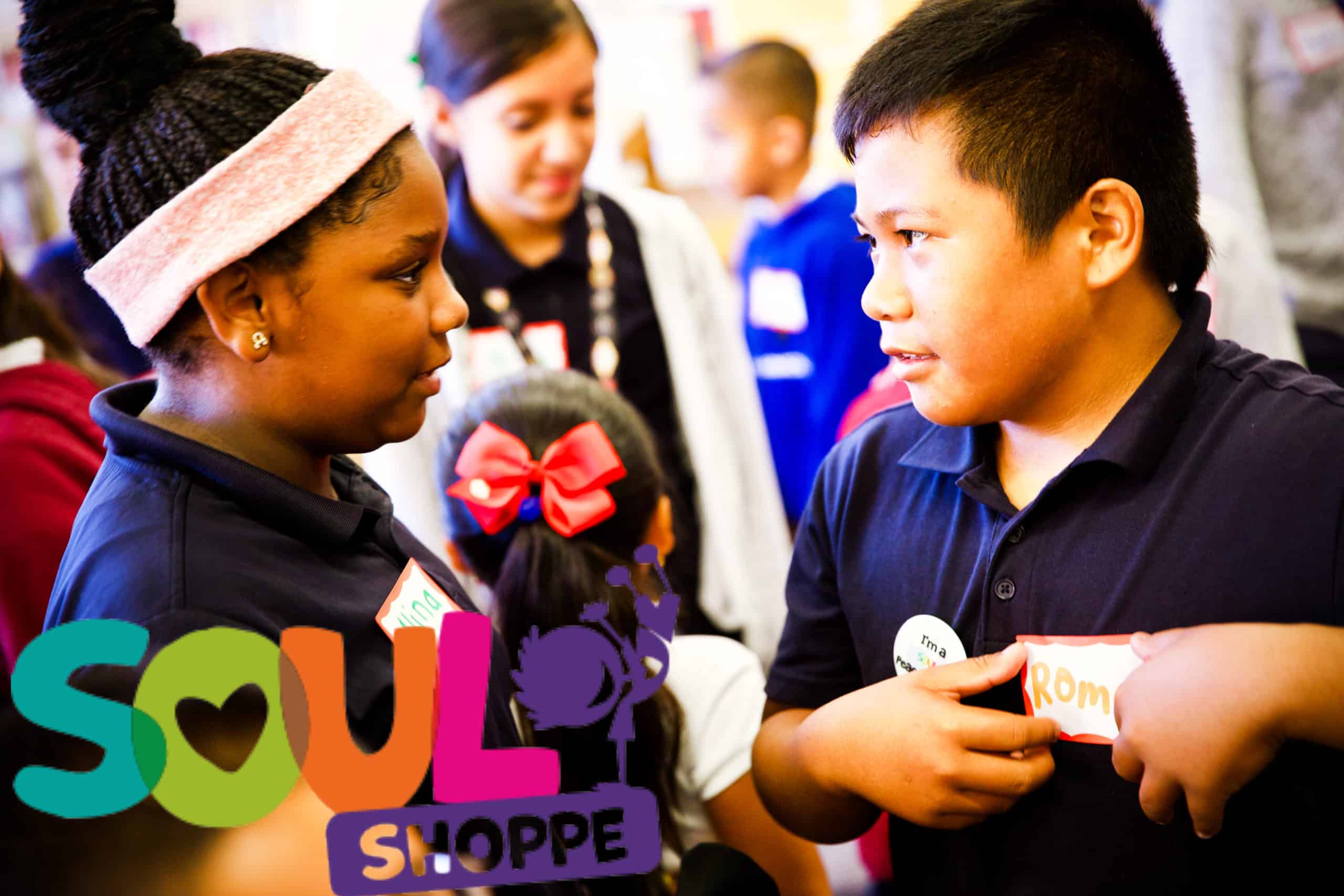
Racism in all its forms – from anti-Asian violence to the continued injustices against Black people – is confusing and challenging for young people.

